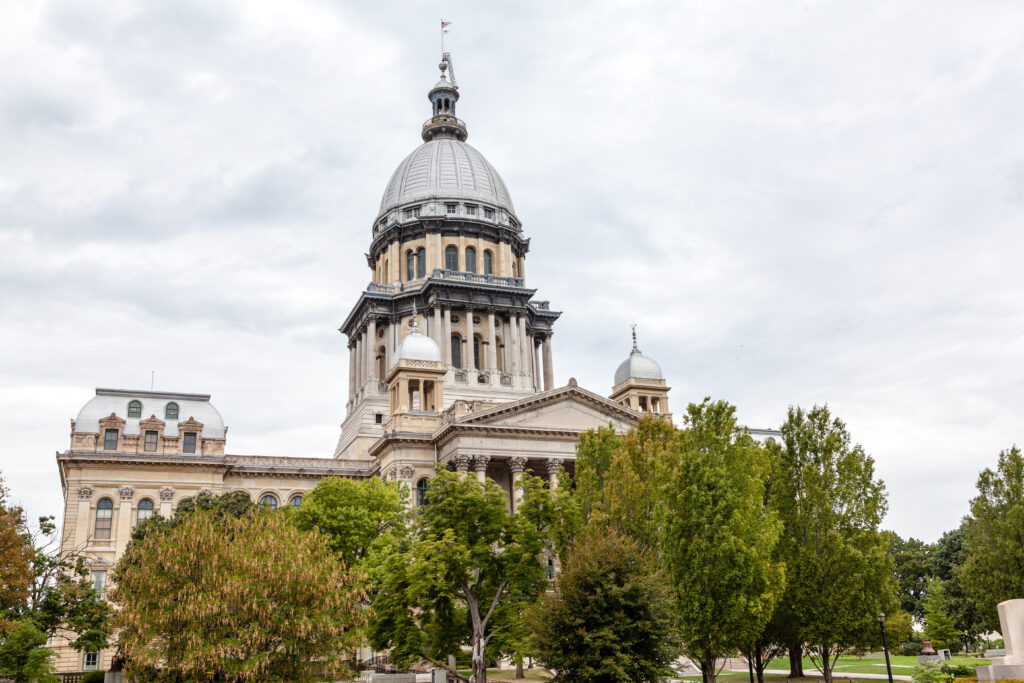Economy
New Illinois laws usher in policy changes in health care, employment, policing

At the stroke of midnight on New Year’s Eve, Illinoisans will see more than 300 new laws take effect – with changes that impact the state’s healthcare, public safety and employment sectors.
The Paid Leave for All Workers Act will require most employers to provide their workers with at least 40 hours of annual paid leave. And minimum wages will increase from $13 to $14 per hour.
Illinois Legal Aid Online offers online support for some of the state’s underserved residents. Executive Director Teri Ross said she understands many will want to know how the new laws affect them.
“We take the legislation, which is often difficult to read and somewhat opaque, and we translate that into a plain language explanation,” said Ross, “and in some cases, into some tools that people can use to assert their rights and to understand their rights.”
Under a new Telehealth Services law, Illinois mental-health and substance-use patients will continue to receive telehealth coverage for treatment.
And a patient’s medical care cannot be delayed while a hospital staffer verifies their payment method or insurance status.
Ross said hospitals will also be required to screen uninsured or underinsured patients for public financial assistance eligibility before their bill is sent to collections.
Another new law on the books has stirred up concerns about immigrants applying for jobs in public safety.
It allows a person who is not a citizen – but is legally authorized to work in the U.S. – to apply to become an Illinois police officer.
Ross said low numbers on police forces are due to veteran officers retiring and a lack of new applicants – and claimed policing overall needs to change.
“One of the problems that we have, in our society generally,” said Ross, “is that law enforcement has been focused on communities of color, and is often not made up of people who are of color.”
Applicants who are non-citizens and possess a green card that allows them to live and work in the U.S. must be authorized under federal law to obtain, carry, purchase or otherwise possess a firearm.
